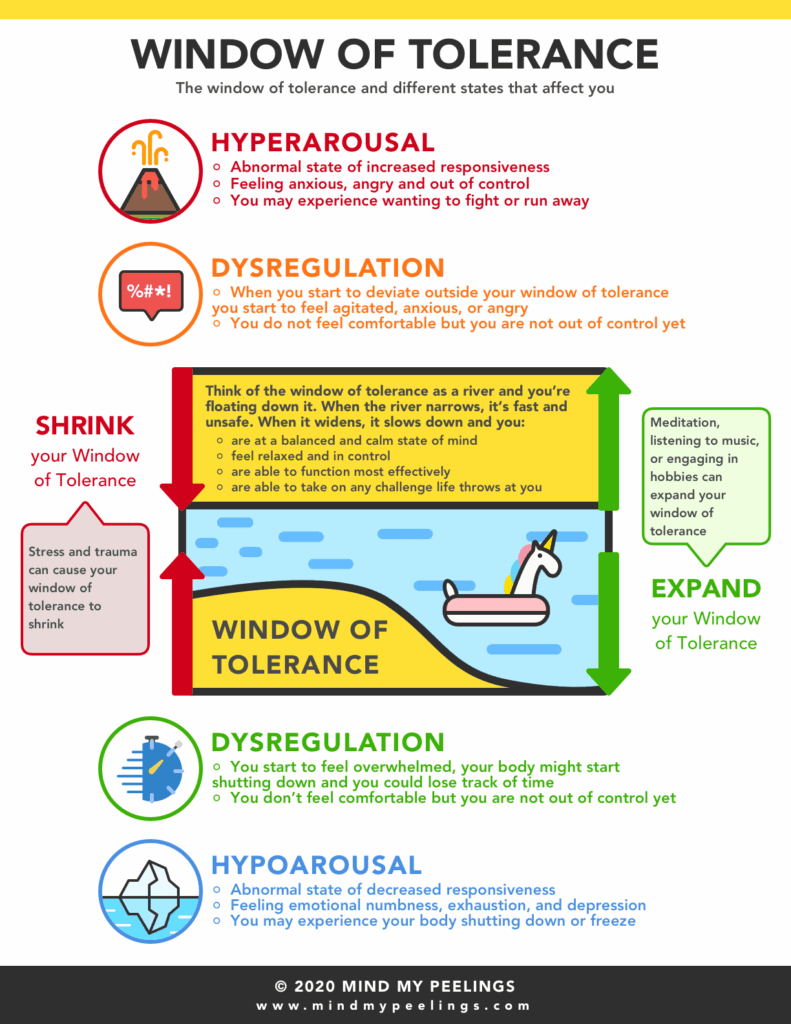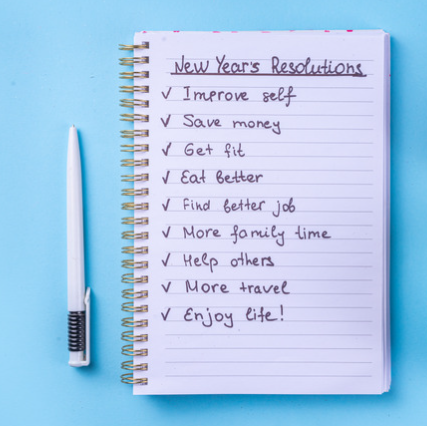Anxiety is a very common and significant focus of therapeutic work, but anxiety itself is not an enemy or a problem, it’s just our body’s way of letting us know that something is wrong.
In the same way that our immune system protects us from bacteria and viruses, our core feelings of Anger, Sadness and Fear form part of the body’s “emotional” defence system, alerting us to threats and potential danger.
Physiologically speaking, we weren’t designed to handle the stresses of modern life. Our nervous system evolved a long time ago, back when our main source of fear might have been an attack on the tribe.
Cave men certainly weren’t worrying about interest rates, phone contracts or when to change energy supplier. They had a limited number of people to maintain contact with in their tribe and they certainly didn’t keep track of global affairs.
The world may be very different now, but we haven’t changed that much.
The brain is a processor, trapped inside a black box. The only information if has to go on are the signals it interprets from the outside world. Unfortunately, sometimes it can’t tell the difference between a tiger and a parking ticket, but we may experience the same physiological response.
When under stress, our body still primes itself to respond physically as it would have done many thousands of years ago. The prefrontal cortex (our ‘thinking’ and ‘reasoning’ centre) shuts down, and the animal brain takes over as we move into “survival mode” (the “Fight, Flight, Freeze, Fawn & Flop” responses).
Fear and anxiety are useful when we need an immediate, physical response, but less so if we’re stuck in a situation outside of our control, with no clear path forwards or good moves to make.
At those times, it’s helpful to acknowledge the value and benefit of holding still instead, keeping ourselves safe and buying time to work out a strategy, even when this is hard to do.
If we can’t resolve the source of our fear in the short-term, this creates tension that we experience as anxiety and stress. Stay in this state for too long, and we can move into ‘hyper’ or ‘hypo’ arousal, and struggle to feel at peace or think clearly:

Simple grounding exercises can be useful to help us self-regulate, reconnect to our body using our senses and bring our prefrontal cortex back online.
Simple tools and techniques that are gentle and don’t demand much processing power are often the best – videos designed for children can be really helpful for this too…
Some ideas you might like to try:
- The “3-2-1” exercise (3 things I can see, 2 things I can hear, 1 thing I can feel)
- Taking small sips of water to stimulate the body and touch
- Going outside and taking off shoes/socks to literally connect with the ground even.
- Tree breathing exercise: https://www.youtube.com/watch?v=URc8FdyCVO8
- Butterfly Hug: https://www.youtube.com/watch?v=iGGJrqscvtU
- The Great Bell Chant (recommend listening all the way to the end): https://www.youtube.com/watch?v=TJzUaVXjLYY
- Martyn Cawthorne (Gong Bath): https://www.youtube.com/watch?v=rUYc6l884A0


